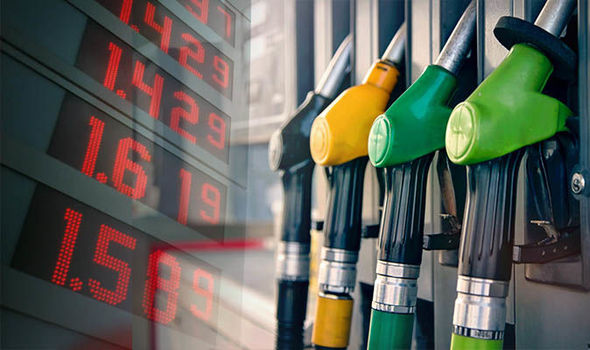The fluctuation of fuel prices has a significant impact on the global economy, with businesses being one of the most affected sectors.
Fuel is an essential resource for transportation, manufacturing, and other industries, and any sudden increase or decrease in its price has a domino effect on the overall costs and operations of businesses.
Higher fuel prices increase the cost of production and transportation, leading to higher prices for goods and services, while low fuel prices can increase demand but reduce profitability for oil and gas companies.
As of 06-Feb-2023, the average price of gasoline across the world was USD 207.0 per oil barrel although this price varied significantly across different countries.
Developed countries have higher prices while the poorer ones and those that produce and export oil have lower prices. The U.S. is one exception which has a developed economy but experience low gas prices.
Read: Kenya’s High Cost Of Living-Demystifying The Puzzle
Notably, the difference in these fuel prices is attributable to the various taxes imposed by the government of those countries and any subsidies. For instance, a barrel of oil in Kenya is currently USD 227.8 while in the US it’s USD 159.3.
According to EPRA, super is now retailing at KSh.177.3, diesel at KSh.162.0, and kerosene at KSh.145.9. On average, fuel increased by KSh. 21 after elections.
Simply put, the rising cost of fuel, which is a basic need in Kenya, has been translated to all sectors. Transport costs have risen over time as vehicles try to maintain their daily profit. Consumers in Kenya now have to dig deeper to cover the increased transportation cost of products.
Moreover, the manufacturing industries using fuel-powered machines have also pushed that extra cost of production on the consumer. For instance, as much as maize flour’s price in Kenya is determined by seasonal production, imports, and taxes, a few shillings added to the price are attributable to the hike in fuel prices.
The costs of other basic commodities like cooking oil, salt, eggs, rice, and sugar have all increased significantly as a result of inflation which is majorly caused by fuel prices.
Read: How Poor Health Affects The Economy Of A Country
According to a research paper conducted in 2021 by Lucy W.Ngare and Okova W. Derek who sought to understand the effect of fuel prices on food prices in Kenya, concluded that diesel prices have a significant pass-through effect on perishable food prices such as vegetables.
An increase in diesel prices resulted in an increase in cabbage and potato prices by 13.9% and 7.9% respectively. Generally, an increase in either petrol, diesel, or kerosene will directly or indirectly lead to increased prices of commodities.
“Given the Russia/Ukraine war and the global shortage of oil caused by the recent development by Russia to cut down her daily oil production by 5.0%, tougher days are ahead of us,” said Michael Kinyua, an Oil and Gas Consultant and the Director of Petrofield Services Limited.
In my opinion, the best we can do as Kenyans is to hang tight for tougher days to come. However, I also believe that should the government stabilize the economy and reduce inflation in the country, the Kenyan shilling will revert back to its initial purchasing power which will give Kenyans a chance to breathe. Until then, hang tight!
Email your news TIPS to editor@thesharpdaily.com















